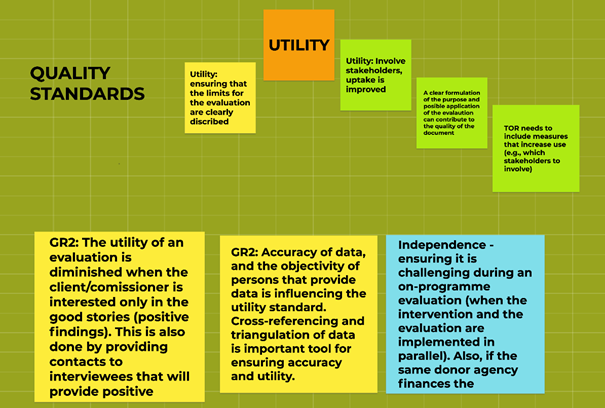The impact of COVID-19 on persons with disabilities across Europe
Magdi Birtha, European Centre for Social Welfare Policy and Research
The Coronavirus outbreak still presents a major challenge at national and local levels across the EU and beyond. Persons with disabilities are among the most affected groups during the COVID-19 pandemic. The EU Agency for Fundamental Rights (FRA) recently reported that the pandemic continues to affect the provision of essential services such as education, healthcare, community-based support and transport for persons with disabilities. Children with disabilities are facing particular barriers when it comes to accessing education and support, including challenges to take part in distance learning, without their assistants. In some countries, FRA noted that physical, occupational, speech and language therapy services for children with disabilities were suspended (e.g. in Malta) (FRA, 2020).
Service provision for persons with disabilities
Similarly, to the devastating impact of the pandemic on older people in residential homes, persons with disabilities who are living in institutional settings also face increased mortality rate due to COVID-19. For example, in Romania, 10% of the total COVID-related death were of persons with disabilities living in institutional care (FRA, 2020). While the majority of residential care facilities for persons with disabilities remained open during the outbreak, the service delivery had to be re-organised significantly, for instance by longer working hours for staff, operate with reduced staff (family duties, sick leave, burnout, resignations, etc.) and face additional administration (EASPD, 2020). Measures to ban visitations have been in place, in order to protect residents and limit the risk of contagion, often leading to isolation and difficulties to maintain contact with family members. The strict confinement measures and diversion from the routine may have negative impact on the well-being and mental health of persons with disabilities, thus the use of digital communication technologies or safe visitation forms are of key importance (EASPD, 2020).
Social and health care services, provided in the community or in-home have been suspended during the pandemic, leaving many persons with disabilities without access to essential services. As FRA reports, this includes cut-backs on personal assistance (e.g. in Slovakia), cancelling rehabilitation services (e.g. in Estonia) and the lack of access to psychosocial services (e.g. in Austria) (FRA, 2020). The European Association of Service Providers for Persons with Disabilities (EASPD) reported that in 18 European countries, home care services were provided mostly online, during the pandemic, leaving thousands of people without adequate support (EASPD, 2020). The suspension of home-care services also put additional pressure on family members who needed to fill this gap and provide more informal care.
In general, there was little coordination or exchange of experiences or good practices within the care sector, or at national and European level.
Involvement of persons with disabilities in COVID-19 responses
Evidence shows that the voice of persons with disabilities was mostly absent from discussions on how to best respond to the crisis (FRA, 2020). The European Disability Forum, an umbrella organisation of persons with disabilities that defends the interests of over 100 million persons with disabilities in Europe, published several resources in relation to the impact of COVID-19 on persons with disabilities.
They provide recommendations to authorities, for instance on exit measures for transport services, in light of COVID-19 or on how to make public health communication accessible for persons with disabilities. EDF called authorities across Europe to put non-discriminatory measures in place, i.e. when health care professionals cannot provide the same level of care to everyone due to the lack of equipment or underfunding.
How to recover from the impact of COVID-19?
The economic and social impact of the COVID-19 pandemic is still not fully assessed and will largely depend on the developments in the coming months, concerning a potential second wave. EASPD closely monitors the impact of COVID-19 on persons with disabilities and on the care sector. The EU has launched several recovery programmes for EU Member States, but there are also some instruments available for countries in the Western Balkans and in the Eastern Partnership. EASPD organised a webinar on 17 June 2020, dedicated to these COVID-19 EU funding opportunities for non-EU Member States, including:
- the Support to the Western Balkans in tackling COVID-19 and the post-pandemic recovery, through which the EU has mobilised a package of over EUR 3.3 billion for the benefit of citizens of Western Balkans countries.
- the Eastern Partnership Solidarity Programme, which starts with EUR 80 million for immediate needs and can go up to EUR 883 million to support the social and economic recovery of the region.
Resources:
EASPD (2020), The impact of Covid-19 on disability services in Europe, EASPD Snapshot report, available here
EU Fundamental Rights Agency (2020), Bulletin #3: Coronavirus pandemic in the EU – Fundamental rights implications: with a focus on older people, available here







